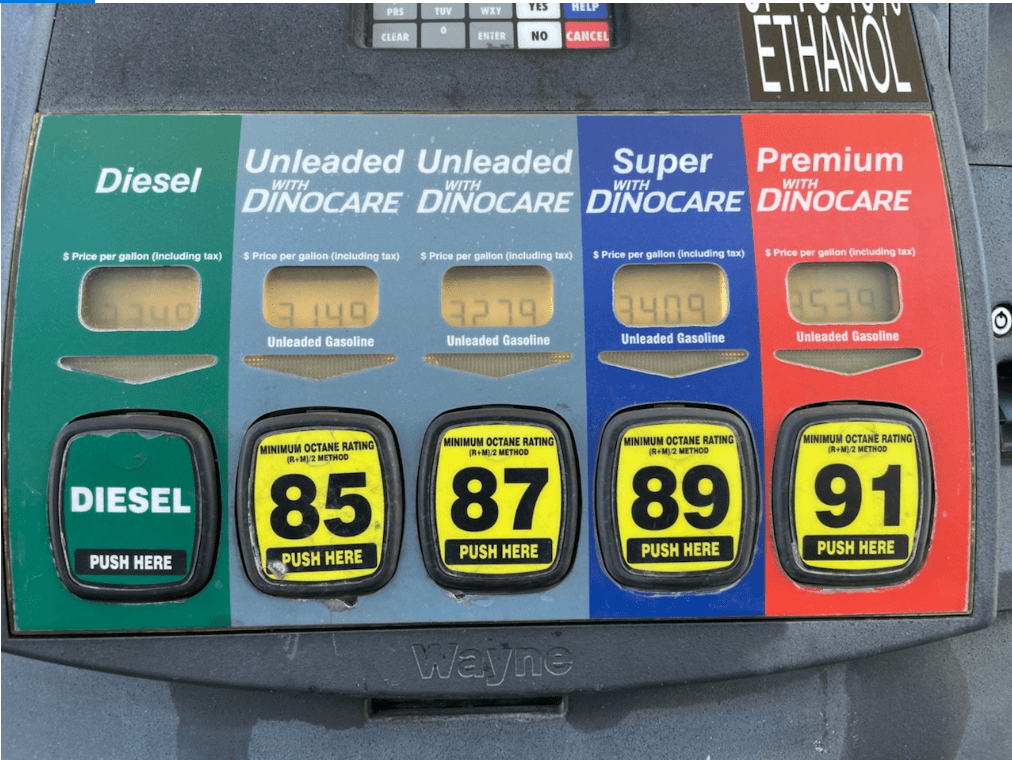Arizona inflation outpacing nation: As inflation hits 8.5% nationally, it’s even higher in Arizona. Big bills at the pump.
By Tara Kavaler |Arizona Republic
Moscow might be more than 6,000 miles from Phoenix, but the ramifications of war in Ukraine and economic sanctions against Russia are as close as the gas station and the grocery store.
Prices are rising for loaves of bread and gallons of gas. Farmers face higher costs for fertilizer. And the Federal Reserve could raise interest rates again to combat inflation.
It’s hard to separate the impact of the invasion from other rising costs. Metro Phoenix has dealt with a 12-month inflation rate of 10.9% through February, according to the Bureau of Labor Statistics. Some of that increase is pandemic-related, economists say, with supply chain disruptions and massive federal payouts to blunt the economic impact of COVID-19.
But the economic sanctions against the Kremlin could make inflation worse by raising costs even more. For example, Russia is an important source of essential minerals, like nickel and palladium, used in essential products like cars and washing machines.
In Russia, financial transactions have been cut off, flights have halted and many multinational businesses have pulled out. On March 8, President Joe Biden banned oil from Russia.
The U.S., Canada and countries in Europe and Asia have frozen assets and imposed sanctions against individuals. The cumulative effects of war and the sanctions have boosted the cost of a barrel of oil to more than $100.
But sanctions rarely have a one-way impact. Two economic experts discussed a variety of ways in which sanctions against Russia could affect Arizonans, including raising the price of essential goods, like food and fuel.
Sen. Kyrsten Sinema, D-Ariz., noted this concern soon after Ukraine was attacked when Federal Reserve Chair Jerome Powell spoke to the Senate Banking Committee, of which she is a member.
“I am also mindful of the impacts that these sanctions are having and will continue to have on everyday people … These sanctions can affect the availability and pricing of essential goods for hardworking Arizona families by further disrupting global supply chains,” the Arizona Democrat said.
Danny Court is a senior economist with Elliott D. Pollack & Co., an economic and real estate consulting firm in Scottsdale.
“Consumers make up 70% of our overall economy … and higher costs for basic needs reduces their disposable income,” he said. “Any increased costs on top of what we’ve already experienced is going to decrease economic activity.”
Arizona inflation outpacing nation: As inflation hits 8.5% nationally, it’s even higher in Arizona. Here’s what to know
Big bills at the pump
Arizonans and other Western states are paying among the highest rates in the country for a gallon of regular unleaded gasoline.








